Reality+ by David J. Chalmers: a ‘gripping’, ‘brain-tenderising’ book
The philosopher ponders what virtual reality could mean for man
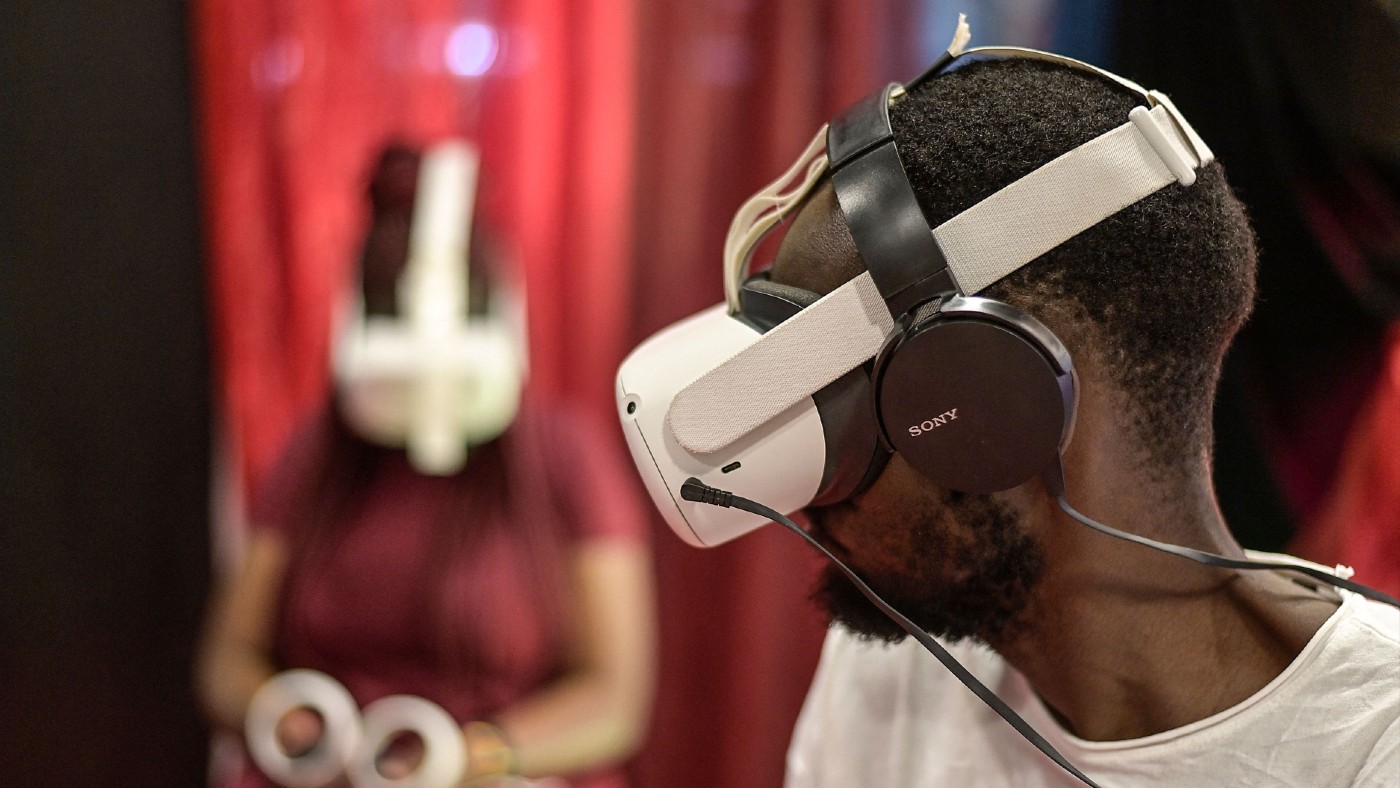
Penelope Corfield, an emeritus professor at Royal Holloway, has set herself a “formidable task” in this book, said Dominic Sandbrook in The Sunday Times. Her aim is to cover the “whole of British life” from the 1680s to the 1840s. And for the most part, she succeeds: this is a well-researched account of a “dazzling” period – one of great advances in science and industry, as well as “military glory and overseas conquest”.
A particular strength of Corfield’s account is that she “finds lots of room for eccentric and contradictory voices”. She highlights such unconventional figures as Worcestershire resident John Tallis, who spent 30 years in bed with a peg on his nose, believing that “fresh air” was dangerous. “Even the handshake gets a look in”: Corfield attributes its rise to improved standards of hygiene, as well as the “meritocratic character of the booming towns and cities”.
The 18th century can feel closer to our age than the Victorian period that followed, said Wynn Wheldon in The Spectator: it was the age of constitutional monarchy, the rights of man, “loveable rogues” and “sexual libertines”. Resisting the fashionable tendency to put the past down, Corfield celebrates the achievements of the period, and stresses how they echo “in our own times”. It was the Georgians who “united the four home nations”, and designed the Union flag; today when we consider our most beautiful towns and cities, it is generally “Georgian terraces” we think of.
The Week
Escape your echo chamber. Get the facts behind the news, plus analysis from multiple perspectives.

Sign up for The Week's Free Newsletters
From our morning news briefing to a weekly Good News Newsletter, get the best of The Week delivered directly to your inbox.
From our morning news briefing to a weekly Good News Newsletter, get the best of The Week delivered directly to your inbox.
But Corfield isn’t afraid to remind us of how startlingly different life back then could be, said Andrew Taylor in The Times. The age of consent was 12 for boys, and ten for girls; few men were taller than 5ft 5in; and pickpocketing goods worth more than a shilling was a capital offence. Packed with “good things”, The Georgians is “a delight”.
Yale University Press 488pp £25; The Week Bookshop £19.99
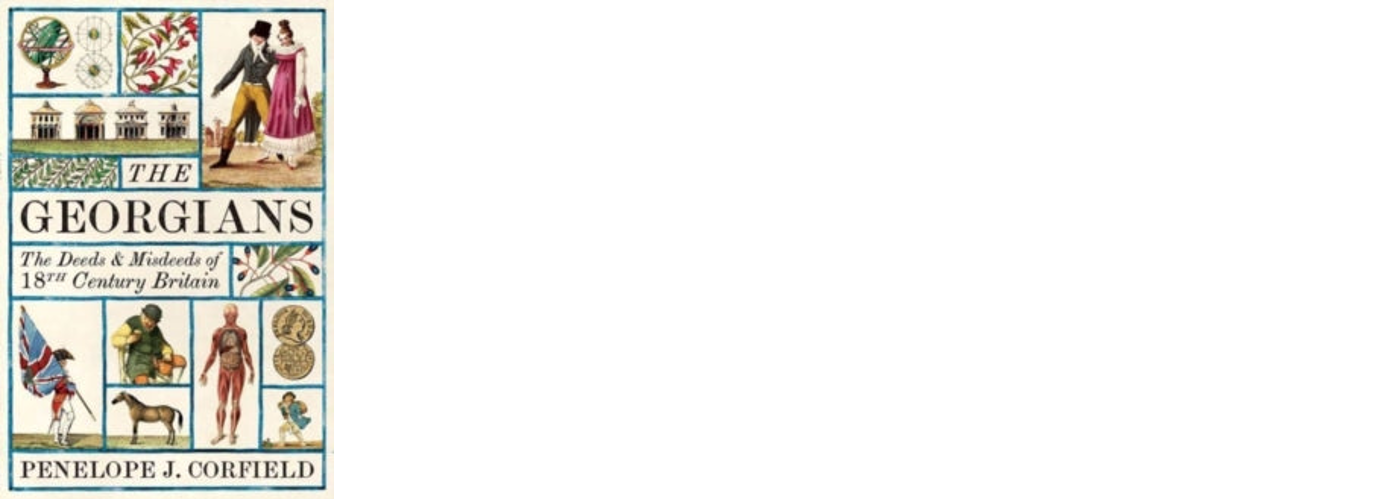
The Week Bookshop
To order this title or any other book in print, visit theweekbookshop.co.uk, or speak to a bookseller on 020-3176 3835. Opening times: Monday to Saturday 9am-5.30pm and Sunday 10am-4pm.
A free daily email with the biggest news stories of the day – and the best features from TheWeek.com
-
 Will regulators put a stop to Grok’s deepfake porn images of real people?
Will regulators put a stop to Grok’s deepfake porn images of real people?Today’s Big Question Users command AI chatbot to undress pictures of women and children
-
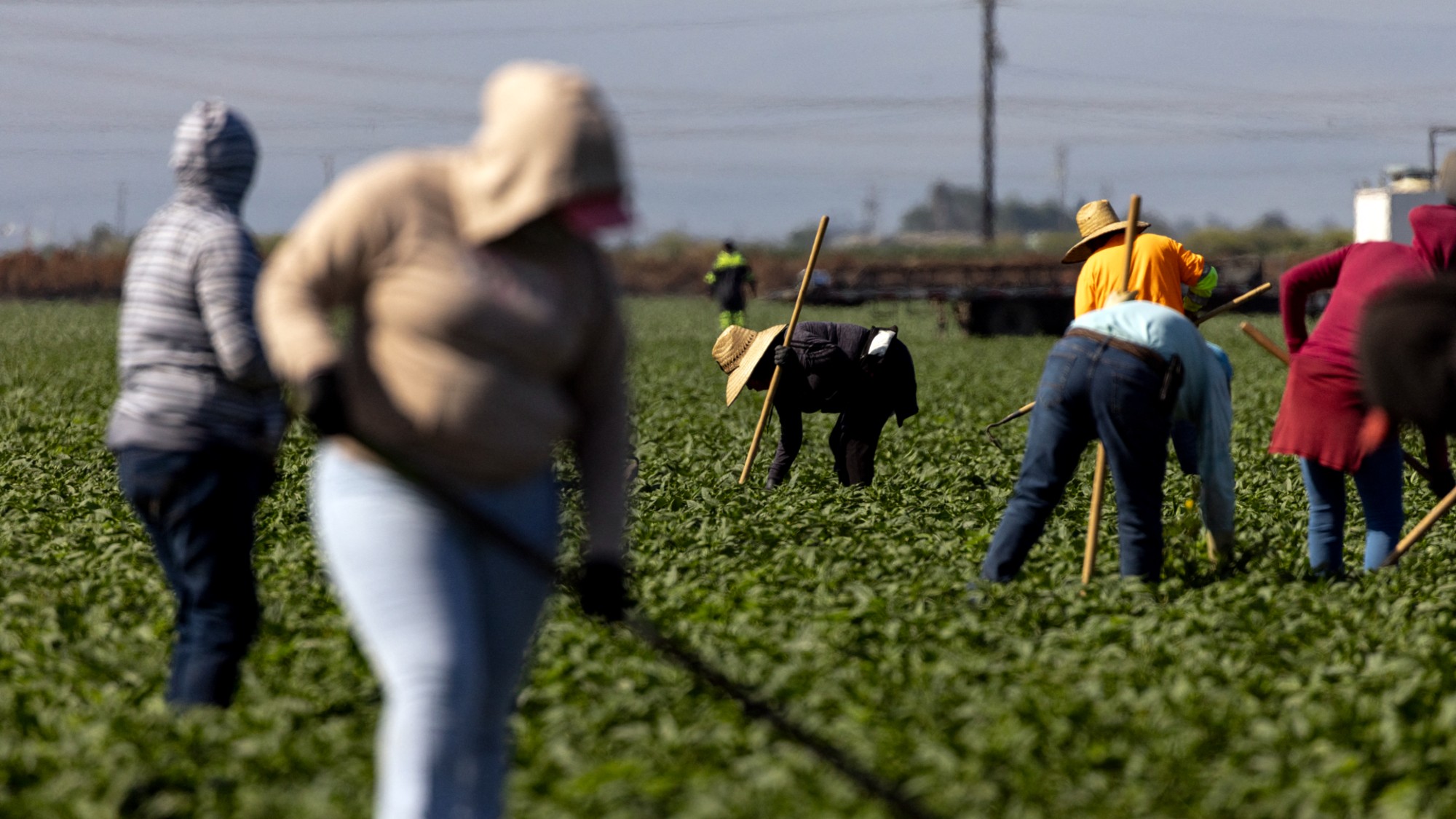 ‘All of these elements push survivors into silence’
‘All of these elements push survivors into silence’Instant Opinion Opinion, comment and editorials of the day
-
 A running list of US interventions in Latin America and the Caribbean after World War II
A running list of US interventions in Latin America and the Caribbean after World War IIin depth Nicolás Maduro isn’t the first regional leader to be toppled directly or indirectly by the US
-
 Avatar: Fire and Ash – third instalment feels like ‘a relic of an earlier era’
Avatar: Fire and Ash – third instalment feels like ‘a relic of an earlier era’Talking Point Latest sequel in James Cameron’s passion project is even ‘more humourless’ than the last
-
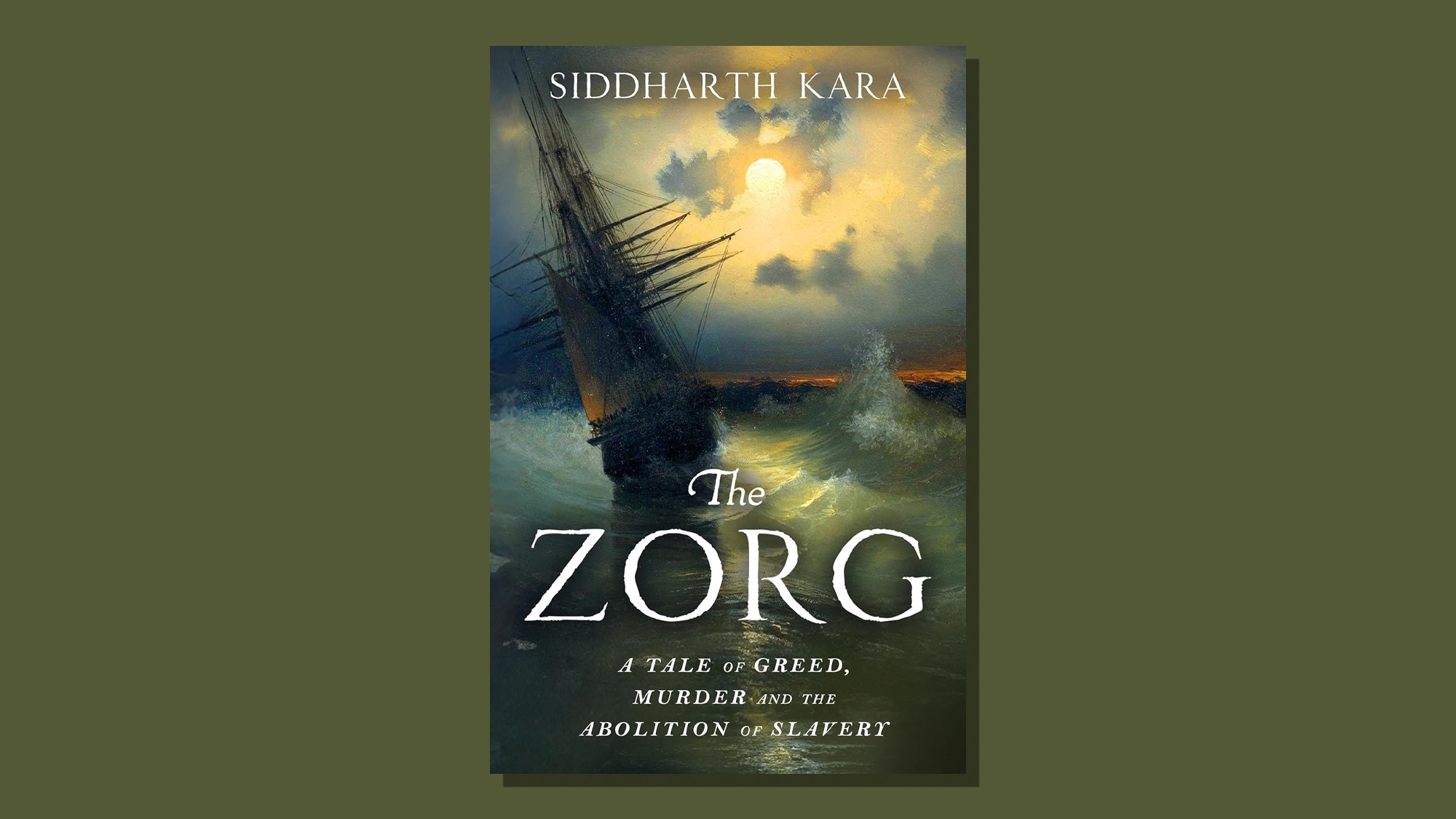 The Zorg: meticulously researched book is likely to ‘become a classic’
The Zorg: meticulously researched book is likely to ‘become a classic’The Week Recommends Siddharth Kara’s harrowing account of the voyage that helped kick-start the anti-slavery movement
-
 The Housemaid: an enjoyably ‘pulpy’ concoction
The Housemaid: an enjoyably ‘pulpy’ concoctionThe Week Recommends Formulaic psychological horror with Sydney Sweeney is ‘kind of a scream’
-
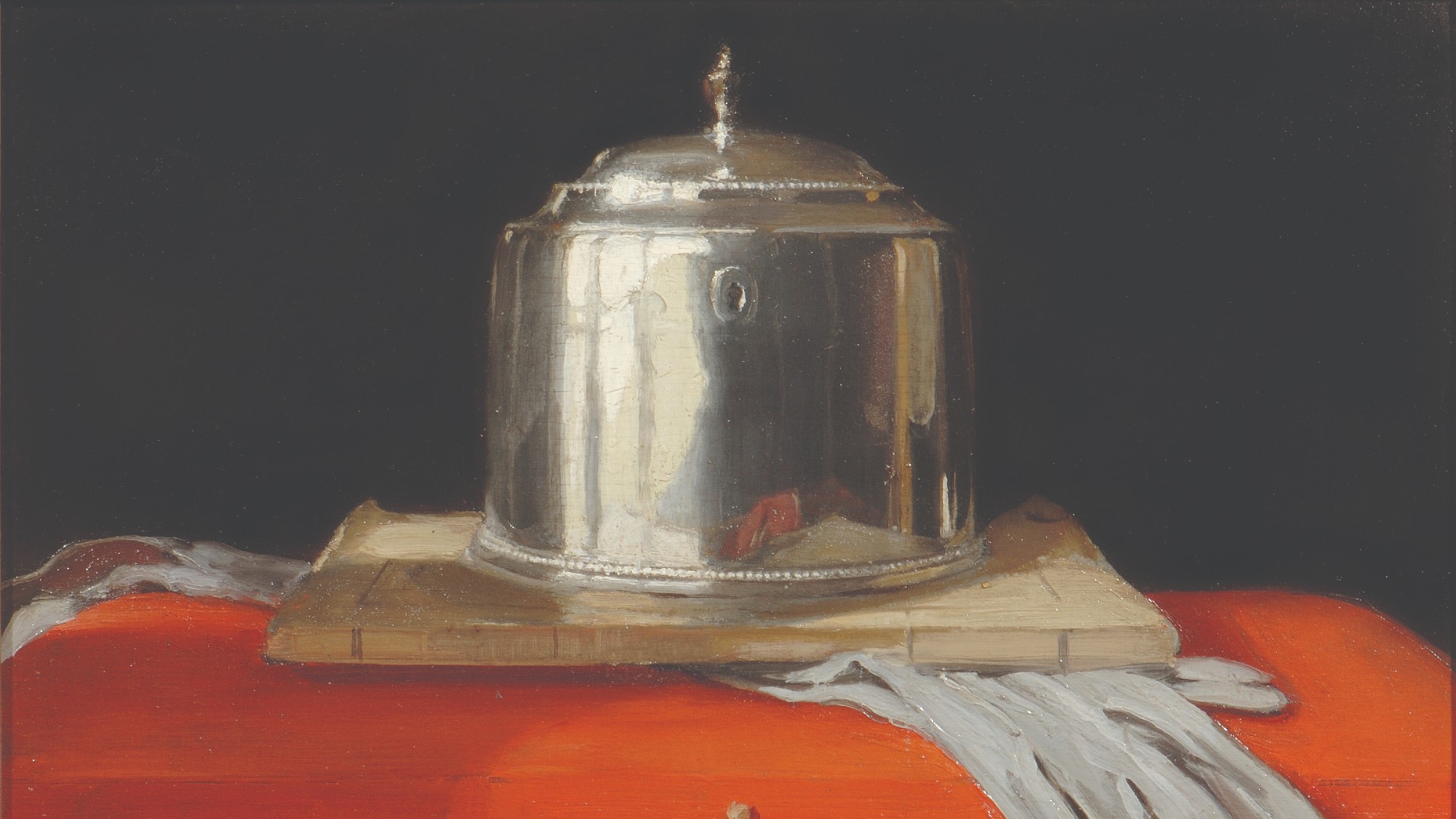 William Nicholson: a ‘rich and varied’ exhibition
William Nicholson: a ‘rich and varied’ exhibitionThe Week Recommends The wide-ranging show brings together portraits, illustrations, prints and posters, alongside ‘ravishing’ still lifes
-
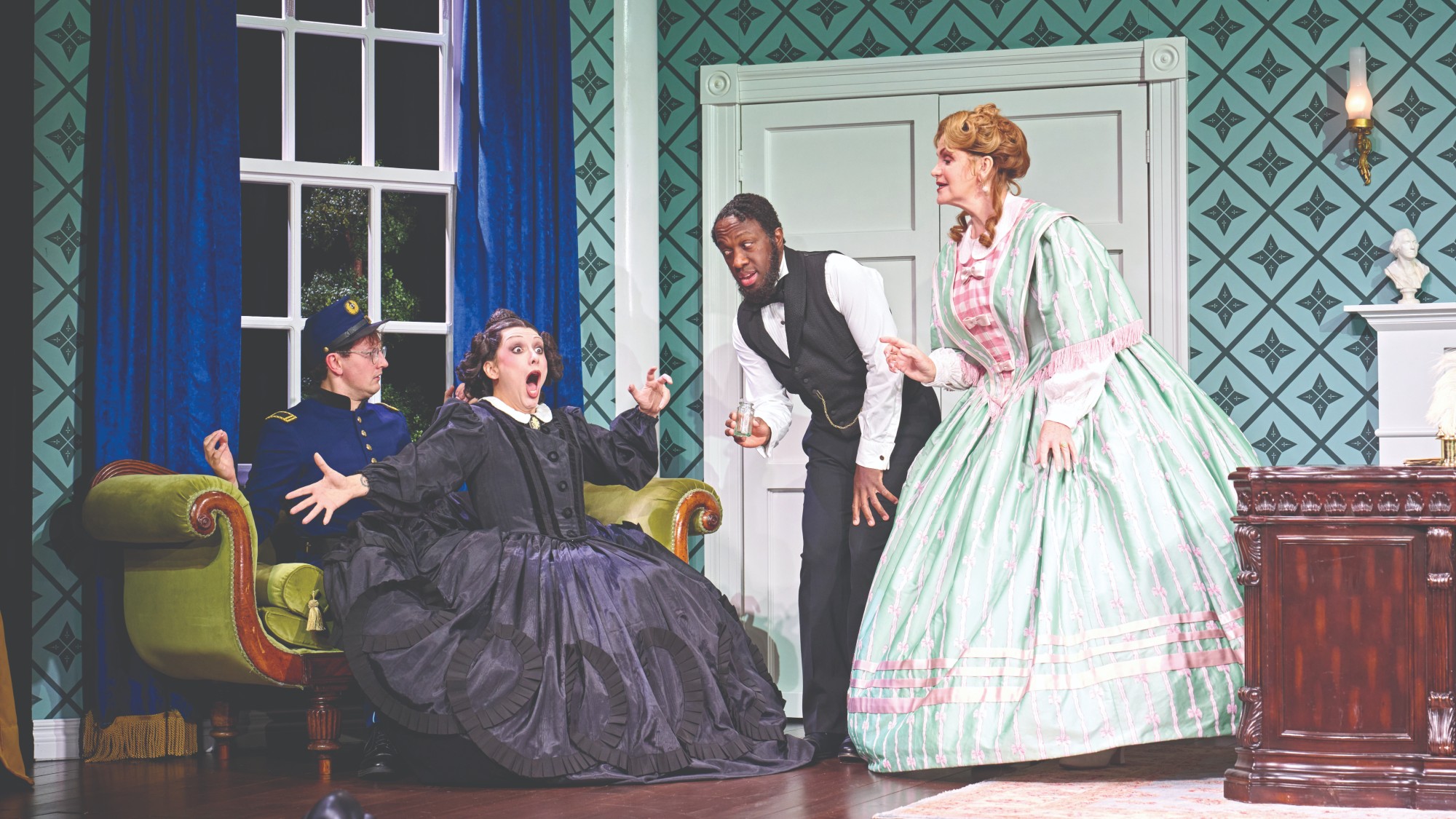 Oh, Mary! – an ‘irreverent, counter-historical’ delight
Oh, Mary! – an ‘irreverent, counter-historical’ delightThe Week Recommends Mason Alexander Park ‘gives the funniest performance in town’ as former First Lady Mary Todd Lincoln
-
 The ultimate films of 2025 by genre
The ultimate films of 2025 by genreThe Week Recommends From comedies to thrillers, documentaries to animations, 2025 featured some unforgettable film moments
-
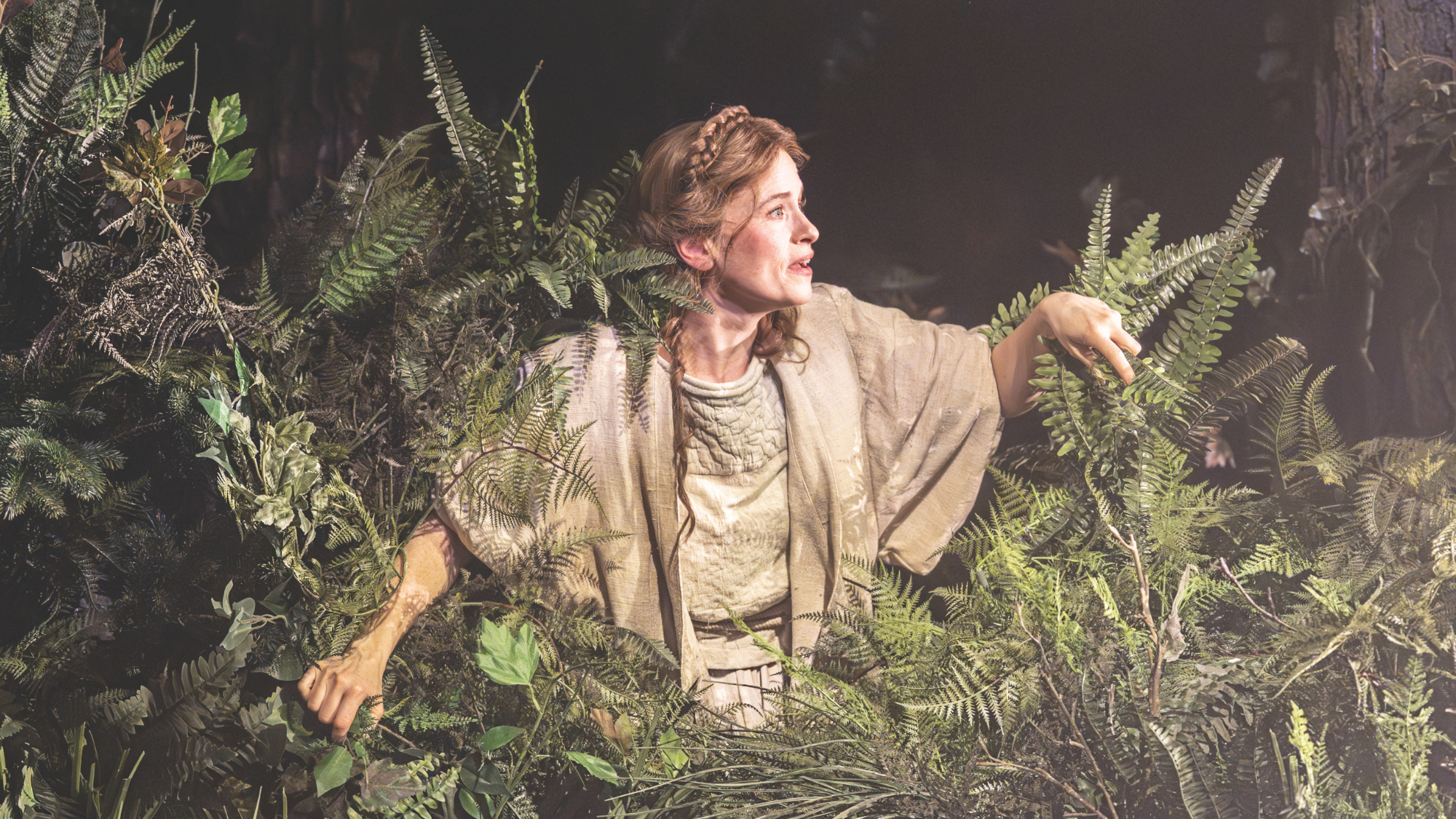 Into the Woods: a ‘hypnotic’ production
Into the Woods: a ‘hypnotic’ productionThe Week Recommends Jordan Fein’s revival of the much-loved Stephen Sondheim musical is ‘sharp, propulsive and often very funny’
-
 The best food books of 2025
The best food books of 2025The Week Recommends From mouthwatering recipes to insightful essays, these colourful books will both inspire and entertain